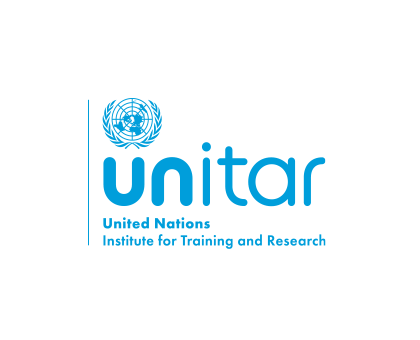By 2021, 131 countries have incorporated or are considering adopting carbon neutrality targets in their national approaches in compliance with the Paris Agreement [1].
Nonetheless, the international society must make a deliberate effort to be on the right track towards achieving the goals of the Paris Agreement. Especially international authoritative agencies in science and environment, such as IPCC, UNFCCC, UNEP and WMO, strongly urge all the national and relevant stakeholders to take bold and proactive climate actions. with warning exceeding 1.5 degrees Celsius of warming above the pre-industrial level within five years with 40% confidence level [2].
Given this, the international society needs to accelerate translating the global ambitious commitment into bold and decisive climate actions. According to the fact sheet released by the United Nations Sustainable Transport Conference in October 2021, the transportation sector accounts for 25 percent of the total GHG emissions and heavily relies on fossil fuels which is up to 95 percent of energy sources for transportation globally [3]. Taking into consideration the transportation sector as one of largest GHG emitters, the international society pays attention to the transition toward sustainable transportation.
Against a backdrop of emerging needs for the transition into sustainable transportation on a path towards carbon neutrality, UNITAR CIFAL Jeju and ICLEI are jointly hosting a capacity-building workshop on low- emission and cleaner transportation in Asia and the Pacific on 3-4 May, which is back-to-back the International Electric Vehicle Expo* (IEVE) taking place in Jeju, South Korea.
The workshop aims to enhance the capacity of central and local governmental authorities from the Asia-Pacific region to promote sustainable transportation. Tailored to the needs arising the greener and cleaner transportation in the Asia-Pacific region, the workshop features key findings from the need assessment survey and sessions from the previous workshops: urgency to tackle imminent and imminent environmental problems (massive carbon emission, air pollution etc.) resulted from the high usage rate of fossil fuel based two-three wheelers, old buses, and commercial fleets. Therefore, with these priorities in mind, the learning opportunity is planned to provide insights into policy frameworks for sustainable transportation, public transportation-oriented urban planning techniques, financial mechanisms, and sustainable transportation technologies available on the market.
*IEVE is an international platform for presenting state-of-the-art technology in green mobility and energy and building networks among relevant stakeholders.
[1]World Meteorological Organization with its key global partners (UN Environment Programme, Global Carbon Project, etc.), United in Science 2022, 2022
[2]World Economic Forum, Climate Indicators-What Makes a Good Net Zero Target?, 2021
[3]United Nations, Second United Nations Global Sustainable Transport Conference - Fact Sheet, 2021


